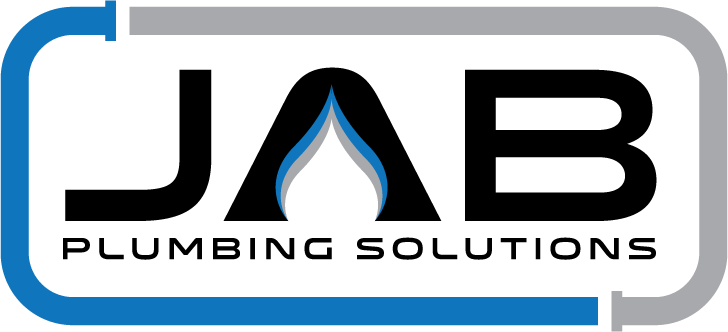Emergency plumbing problems can arise quickly and unexpectedly, causing a huge amount of stress within your home. No one wants raw sewerage flooding through the house in the middle of the night. It's not just inconvenient, it's also a major health risk. While there’s no guarantee against drainage problems, these simple tips can help you avoid costly repairs.
1. Overflowing toilets
The emergency: There is nothing more stressful than flushing the toilet and seeing the water start to rise up the bowl. When a toilet is clogged, it can cause raw sewerage to back-up out of the toilet and onto the floor. This not only spreads bacteria and germs, it can also cause lasting water damage to your carpets and floors.
The cause: Toilets are build to dispose of the three Ps: pee, poo and paper. When bulky items such as cotton buds or tampons are incorrectly disposed of in the toilet, they can get stuck in the pipes and cause a clog. Even items that are marketed as "flushable", such as wet-wipes, can cause major problems for your sewerage system.
Toilets can also get blocked when too much toilet paper is used. A single flush doesn't always produce enough force to push the paper down the pipe. Thick, three-ply paper may also be harder to flush, so its important to keep this in mind too.
How to prevent it: Reducing the amount of toilet paper you use or flushing twice can reduce the risk of a clogged toilet. You could also switch to a thinner, single-ply paper. Always keep a bin next to the toilet and dispose of bulky items such as sanitary items, wet-wipes, cotton buds and nappies.
2: Blocked sewer
The emergency: A blocked sewer can quickly turn into a plumbing emergency if ignored. All of the plumbing fixtures in your home are connected to the outside sewer line. When this becomes blocked, the waste has nowhere else to go other than back up through these plumbing fixtures. Raw sewerage can flood out of the toilet, sink, shower and floor drains.
Raw sewerage is a risk to health because it contains harmful microorganisms such as bacteria, viruses and protozoa. Direct contact with sewage or surfaces contaminated by sewage can result in illnesses such as gastroenteritis.
The cause: Sewers can get blocked by a number of things. One of the most common causes is grease that has been washed down the kitchen sink. When fats, oil and grease enter the lines it sticks to the sides of pipes. The grease then hardens and builds up over time until the pipes becomes completely blocked like an artery.
The issue is magnified when the grease combines with other foreign debris in the lines, such as wet-wipes or condoms, forming a “fatberg”. The fat can act like cement, binding debris together into a huge impenetrable mass and leading to major blockages in the sewer line.
How to prevent it: Avoid washing fats, oil and grease down the sink. Instead, let is cool and pour it into a heat proof container such as a milk carton or glass jar and then place it in the rubbish bin. Smaller quantities of oil left on dishes, for example, can be soaked up using paper towels and then put in the rubbish. Ensure there is always a bin placed next to the toilet so that personal care products can be disposed of correctly.
Do you need help with an emergency plumbing issue in Sydney?
JAB Plumbing Solutions are here to help when the unexpected happens. If you have a blocked sewer or overflowing toilet our Sydney plumbers can help 24 hour a day. Call us on 1800 225 552.







